lab 3 ganglion
1/21
There's no tags or description
Looks like no tags are added yet.
Name | Mastery | Learn | Test | Matching | Spaced | Call with Kai |
|---|
No analytics yet
Send a link to your students to track their progress
22 Terms
Hypothalamus
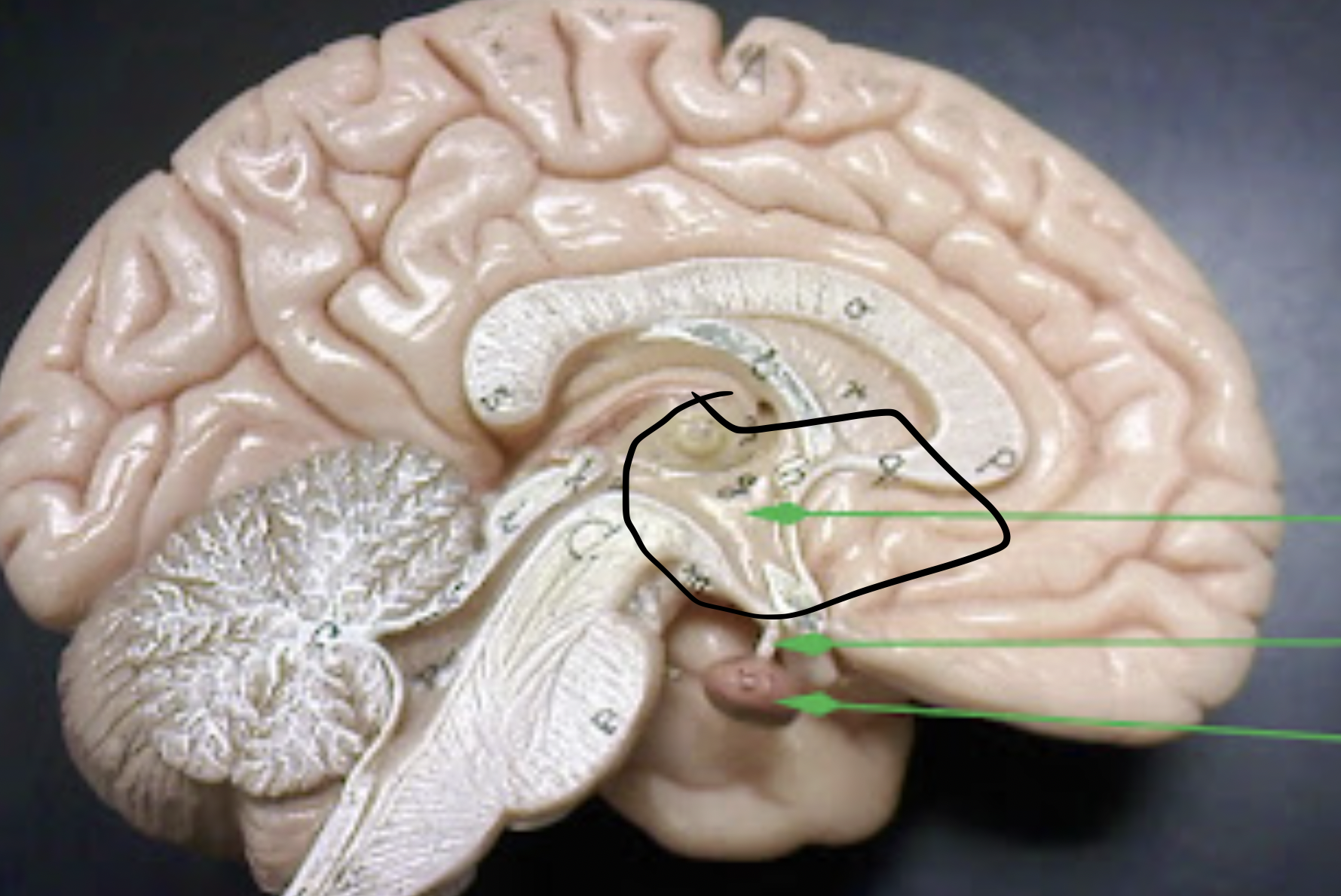
Pituitary gland
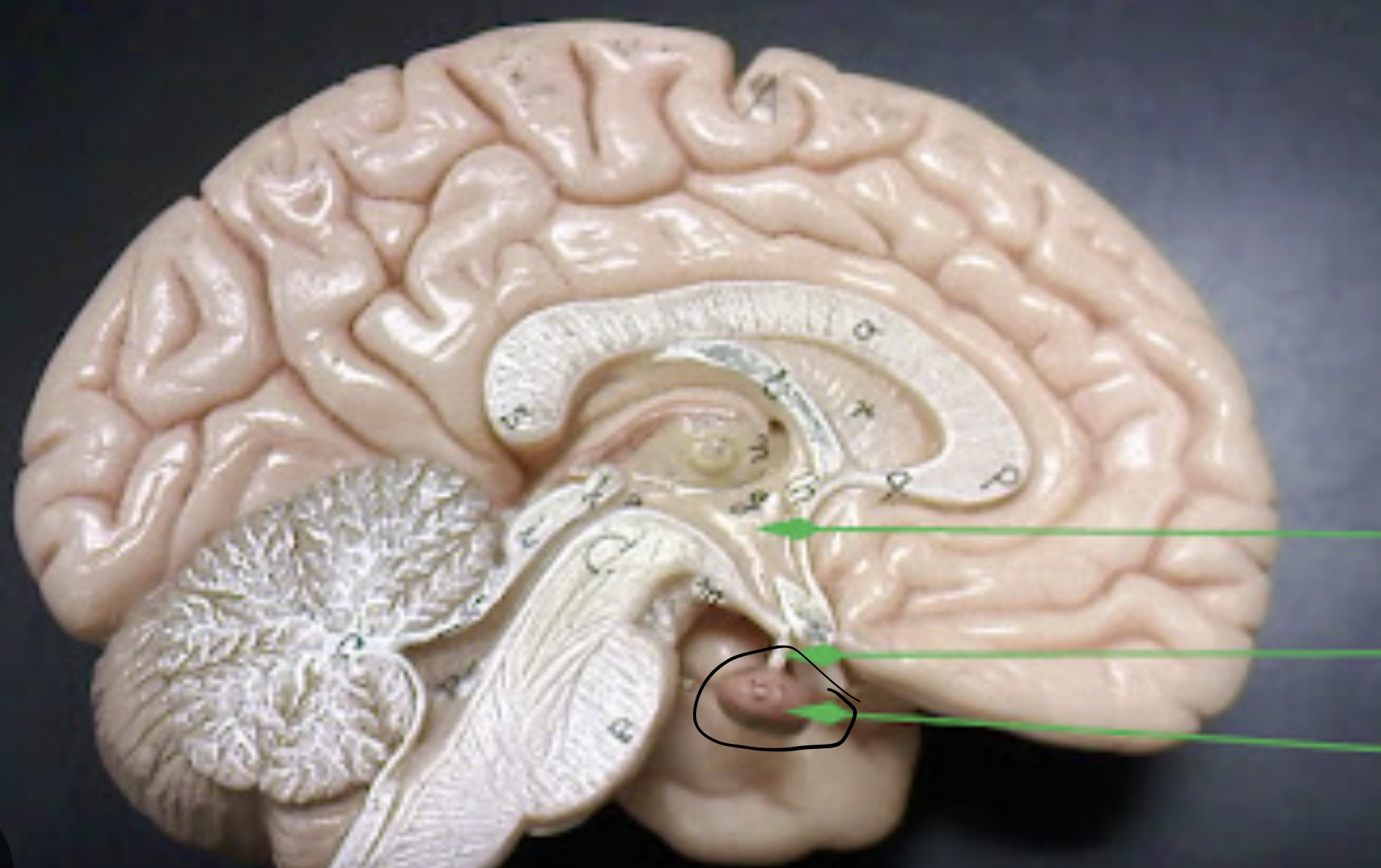
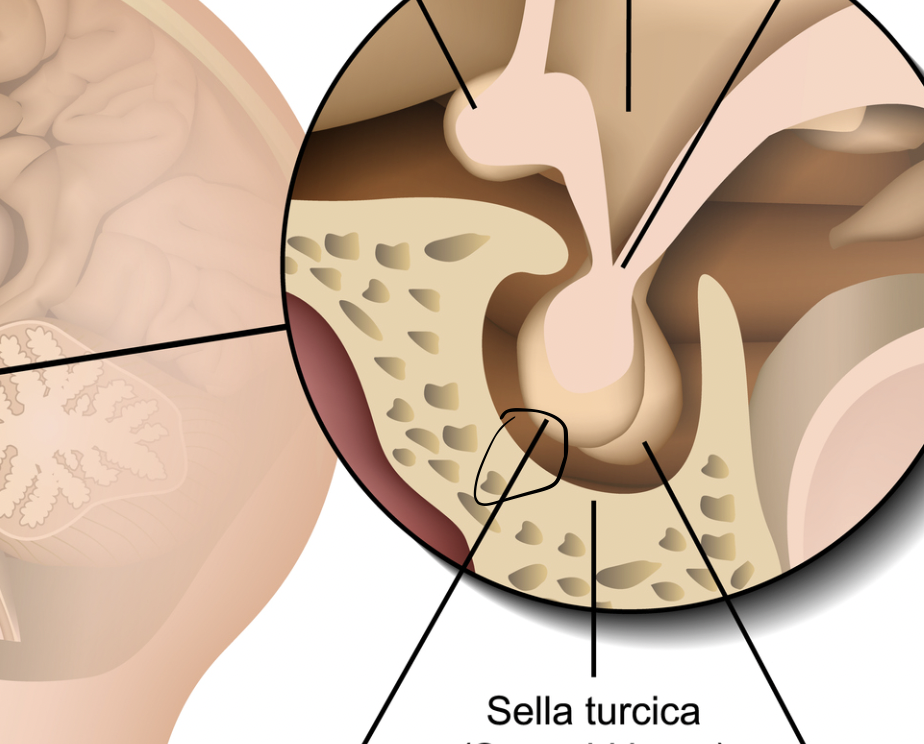
+Anterior pituitary
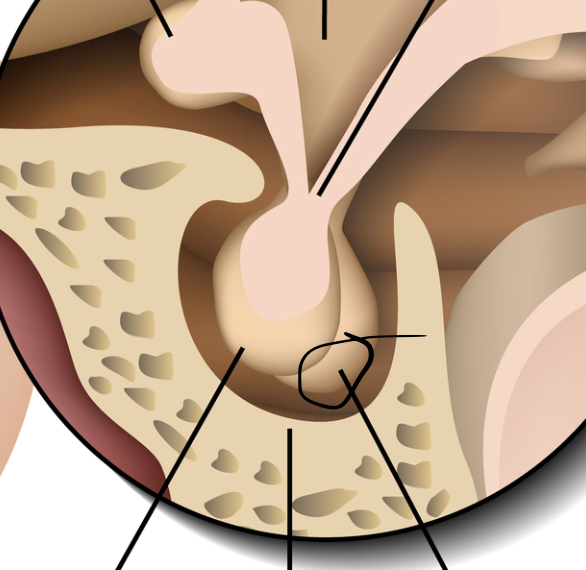
+Posterior pituitary
+Thyroid
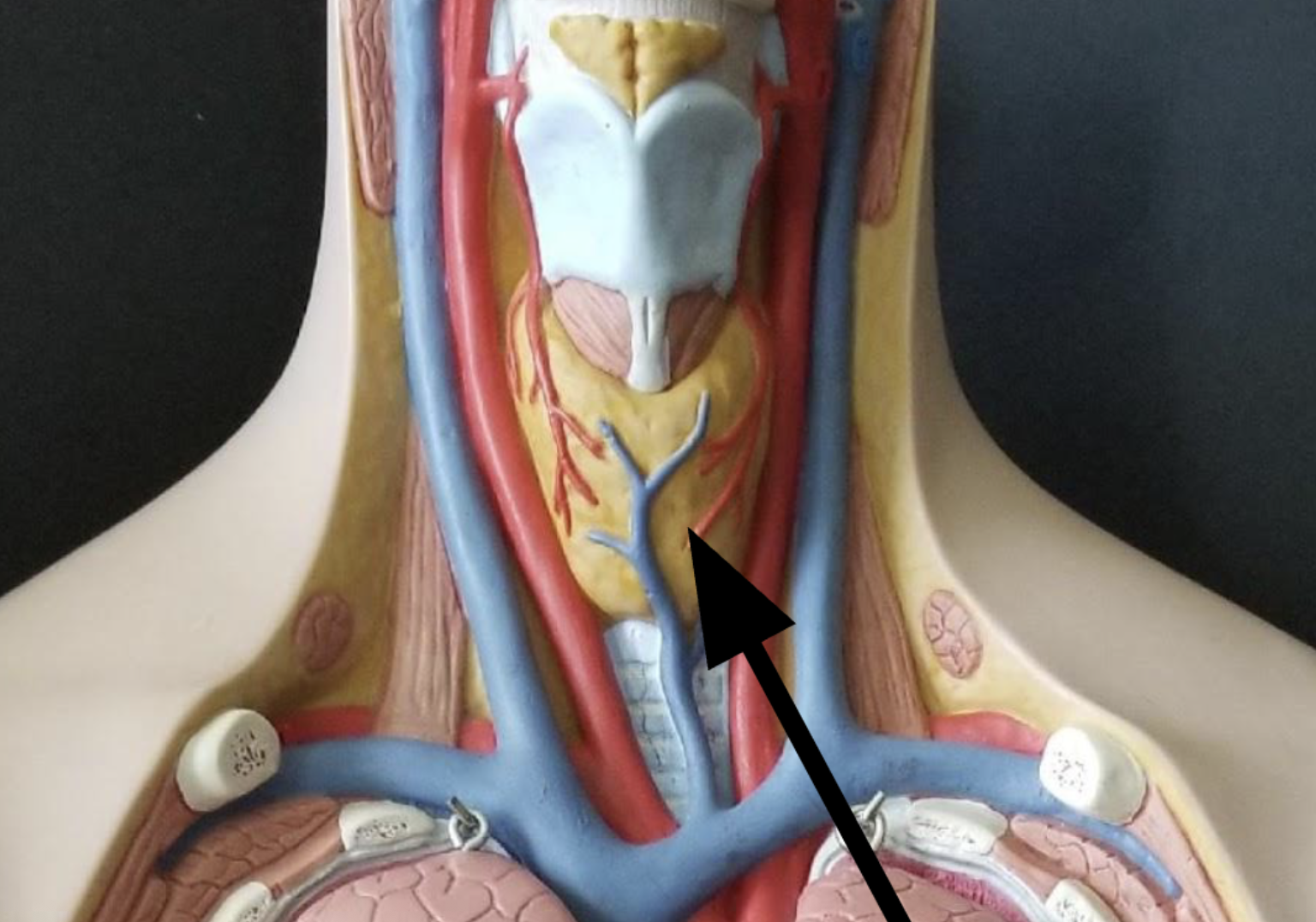
+Parathyroid
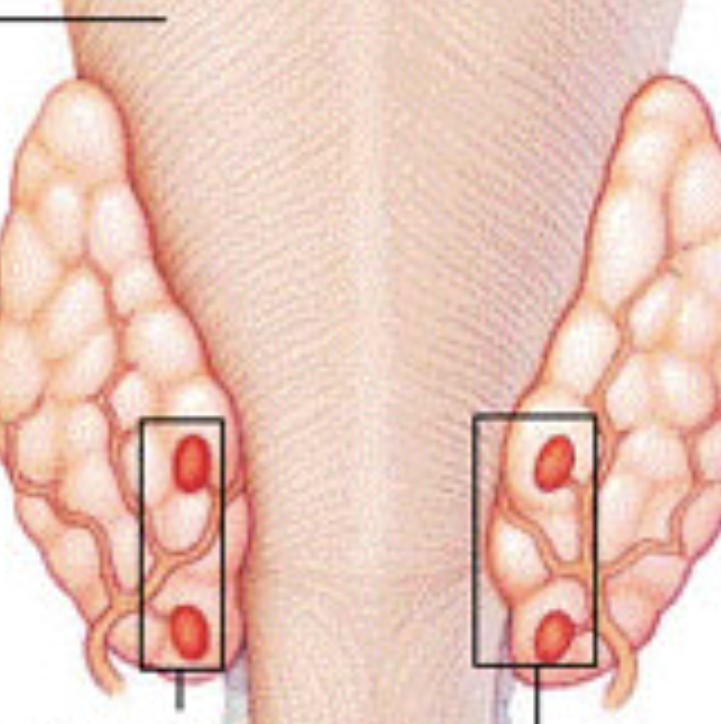
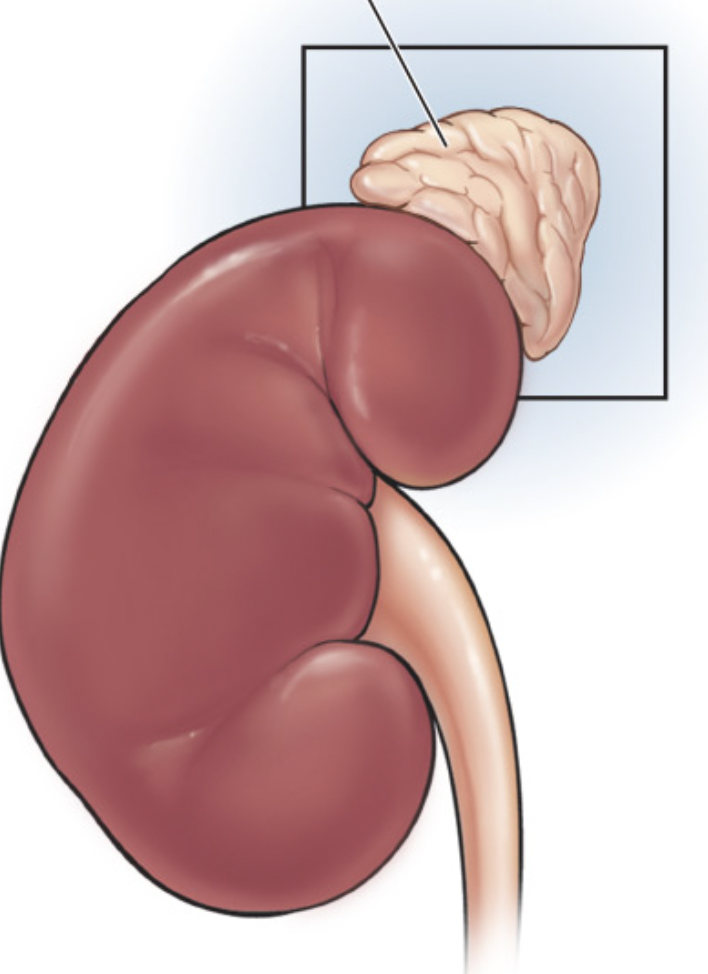
Adrenal (suprarenal) gland
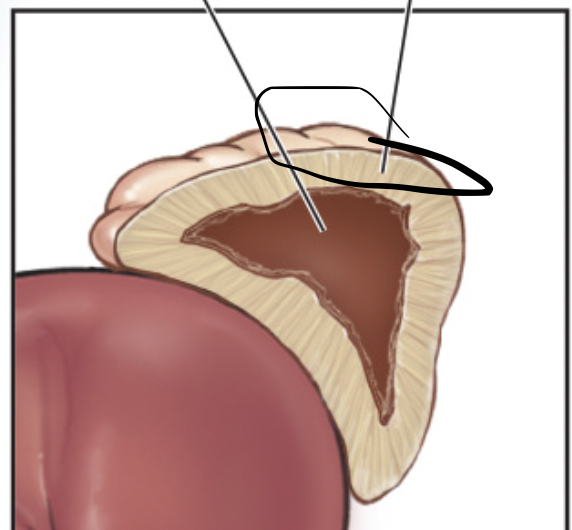
+Adrenal cortex
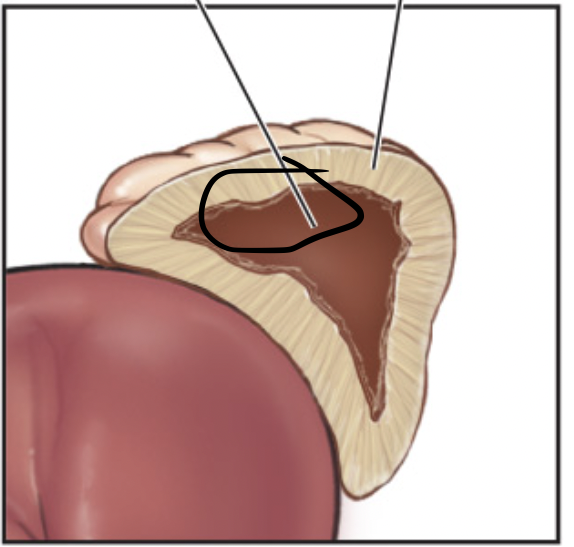
+Adrenal medulla
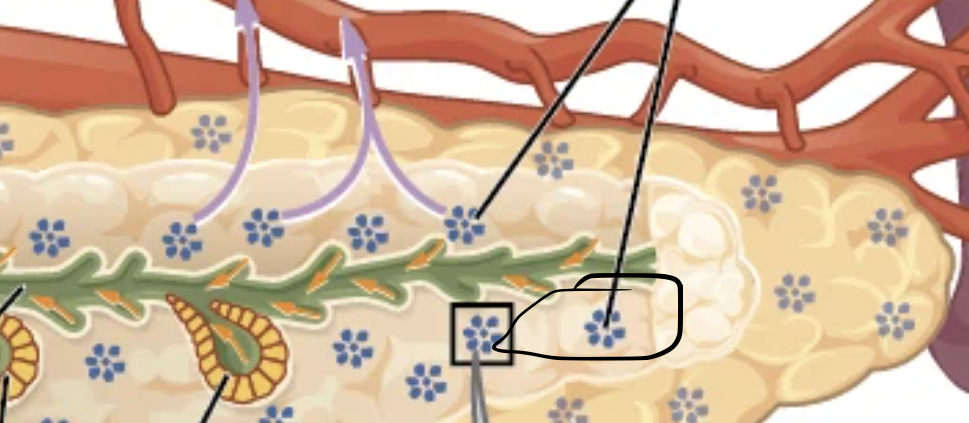
+Pancreatic islets
+Ovaries
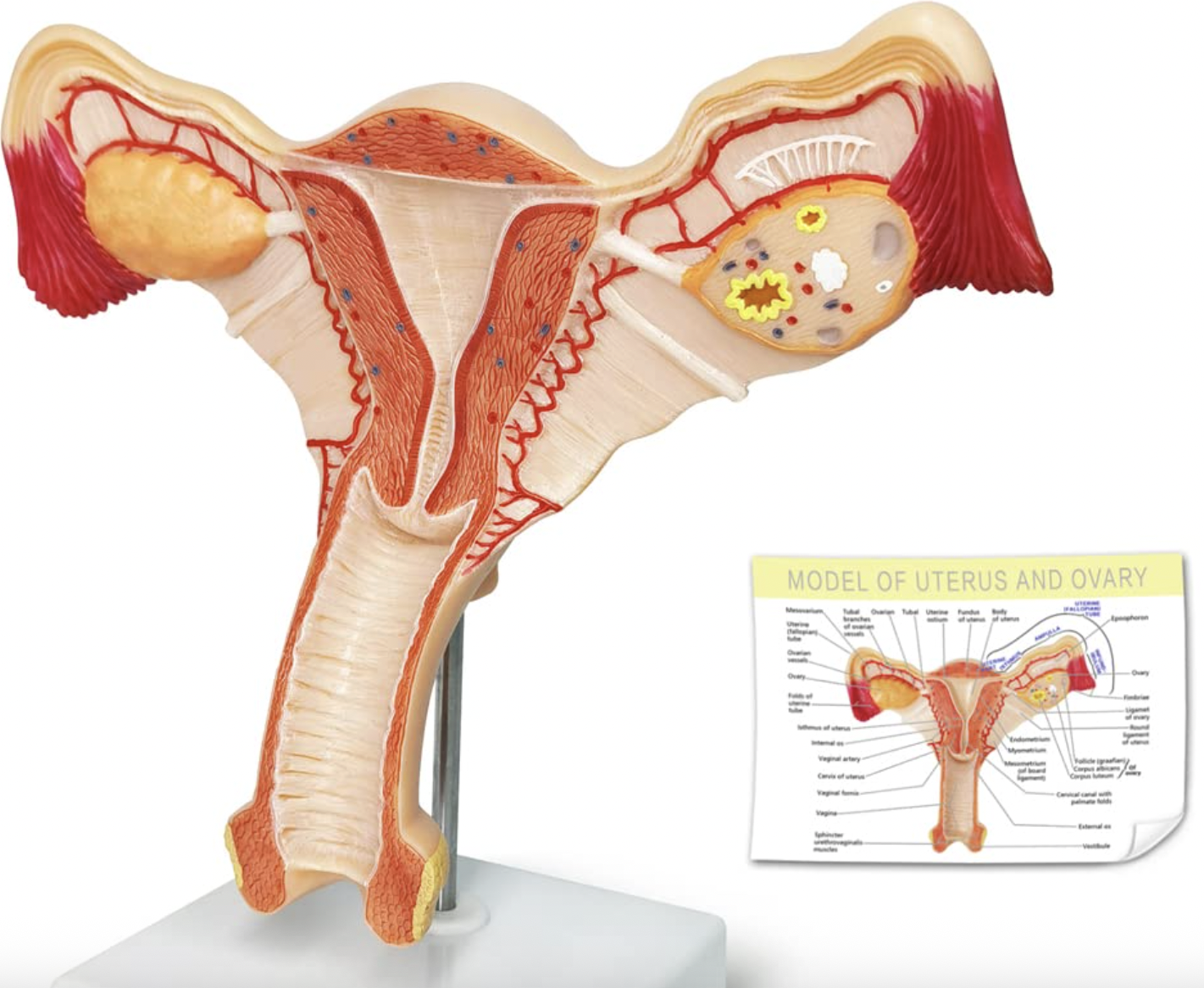
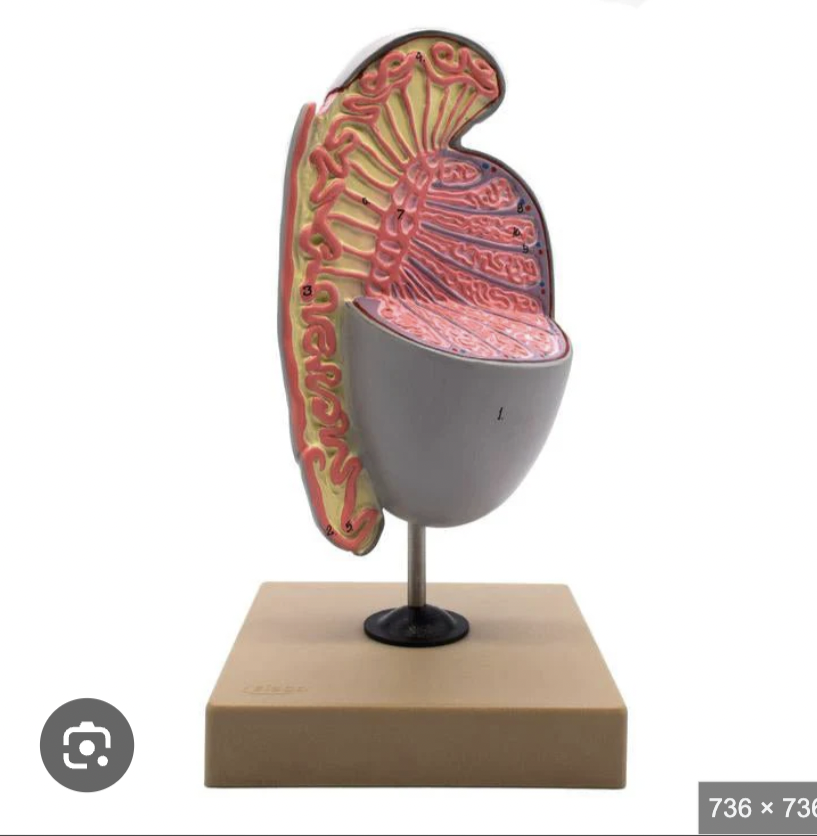
+Testes
Pineal gland

Negative feedback loop
A regulatory system where a change triggers a response that counteracts or opposes the initial change, thereby stabilizing a variable and maintaining a set point or equilibrium. These loops are fundamental for homeostasis.
Positive feedback loop
positive feedback loop is when a change in the body causes more of the same change, making the effect stronger and stronger.
For example:
In childbirth, when the baby pushes on the cervix, it makes the brain release oxytocin.
Oxytocin causes stronger contractions.
Stronger contractions push the baby more, which makes even more oxytocin release.
This keeps going until the baby is born.
So in short: positive feedback = change → more change in the same direction (a snowball effect).
Thyroid stimulating hormone (TSH)
Thyroid-stimulating hormone (TSH) is a chemical messenger made by the pituitary gland in the brain. Its main job is to tell the thyroid gland in the neck to make thyroid hormones (T3 and T4). These thyroid hormones help control energy use, metabolism, and growth in the body. In simple terms, TSH acts like a signal that tells the thyroid when to “turn on” and produce the hormones the body needs to function properly.
Thyroid releasing hormone (TRH)
Thyrotropin-releasing hormone (TRH) is made in the hypothalamus, a part of the brain that controls many body functions. TRH’s main job is to tell the pituitary gland to release thyroid-stimulating hormone (TSH). Once TSH is released, it then signals the thyroid gland to make thyroid hormones (T3 and T4), which control the body’s energy and metabolism. In simple terms, TRH is the “starter signal” that begins the chain reaction leading to thyroid hormone production.
Thyroid hormone (TH)
Thyroid hormone (TH), which includes T3 and T4, is made by the thyroid gland in the neck. These hormones control how fast the body uses energy, how warm you feel, and how well your organs work. They help regulate growth, brain development, heart rate, and metabolism. In simple terms, thyroid hormones act like the body’s “speed controller,” making sure everything runs at the right pace.
Adrenocorticotropic hormone (ACTH)
Adrenocorticotropic hormone (ACTH) is made by the pituitary gland in the brain. Its main job is to signal the adrenal glands, which sit on top of the kidneys, to release cortisol. Cortisol is a hormone that helps the body respond to stress, control blood sugar, and regulate metabolism, blood pressure, and the immune system. In simple terms, ACTH acts like a “messenger” that tells the adrenal glands to make cortisol so the body can handle stress and stay balanced.
Luteinizing hormone (LH)
Luteinizing hormone (LH) is made by the pituitary gland in the brain. In females, LH triggers ovulation, which is the release of an egg from the ovary, and helps the ovaries make estrogen and progesterone. In males, LH tells the testes to make testosterone, which is important for sperm production and male traits. In simple terms, LH is the hormone that controls reproduction by signaling when to release eggs or make testosterone.
Testosterone
Testosterone is a hormone mainly made in the testes in males and in smaller amounts in the ovaries and adrenal glands in females. It plays a key role in male development, helping with the growth of muscles, bones, body hair, and the deepening of the voice during puberty. Testosterone is also important for sperm production, sex drive, and overall energy. In simple terms, testosterone is the hormone that supports male traits, reproduction, and strength.
Cortisol
Cortisol is a hormone made by the adrenal glands, which sit on top of the kidneys. It is often called the “stress hormone” because it helps the body respond to stress. Cortisol also controls blood sugar, reduces inflammation, regulates blood pressure, and helps manage how the body uses fats, proteins, and carbohydrates. In simple terms, cortisol is the body’s “stress manager” that keeps things balanced during challenging situations.